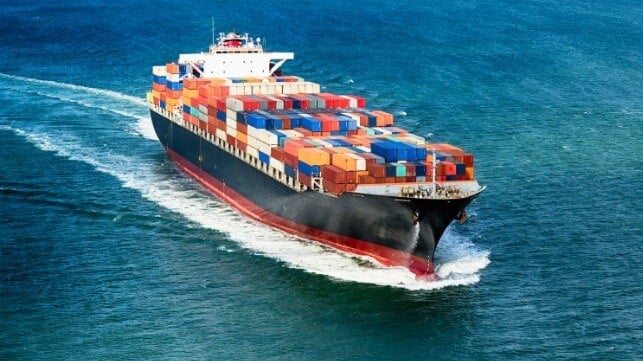Global Schedule Reliability Remained Stable in 2024 Ahead of U.S. Strike

Carrier schedule reliability stabilized in 2024 after the shocks coming from the Red Sea diversions and issues at the Panama Canal. By pressing extra vessels into operation and management carriers were able to level off after significant drops from 2023 but that is before the anticipated impacts of the strike at U.S. East/Gulf Coast ports starting at midnight tonight, September 30.
“Schedule reliability in 2024 has stabilized within the 50 to 55 percent range,” highlights Alan Murphy, CEO of Sea-Intelligence. “While disappointingly low, the minimal volatility this year does give shippers a relatively good idea of what to expect month to month.”
In August 2024, global schedule reliability improved by just 0.7 percentage points month over month up to 52.8 percent. It was the smallest percentage movement of 2024 but it is down over 10 percentage points from a year ago. The average year-to-date for 2024 is just over 53 percent versus a 62 percent average for 2023.
Carriers had to manage the diversions from the Red Sea went caused schedule reliability to plunge to just over half of all vessels in January 2024 versus over 62 percent in November 2023. Now they face a similar challenge that could tie up numerous vessels along the U.S. eastern seaboard as the International Longshoremen’s Association plans to stake its strike tonight at more than 30 ports. Atlantic trades have limited options for diversions with carriers reporting they plan to initially anchor vessels.
In August, congestion backlogs also remained stable. The average delay for late vessels according to Sea-Intelligence remained at just over five and a quarter days in August largely unchanged over four months. The industry however recovered from delays well over six days in January 2024. However, it is still far below the 4.7 days reported in August 2023.
The current average delay for late vessel arrivals Murphy notes was “only surpassed by the pandemic highs of 2021-2022.” This number however will increase dramatically in October if vessels continue to wait offshore for a strike resolution.

that matters most
Get the latest maritime news delivered to your inbox daily.
The performance is also significantly off from the industry’s goals. Maersk was the most reliable top-13 carrier in August 2024 with schedule reliability of 54.7 percent, followed by Hapag-Lloyd with 54.3 percent. The two carriers however continue to reiterate their goal for the new network to be established with the Gemini Cooperation is for schedule reliability above 90 percent.
During August, Maersk’s schedule reliability was largely unchanged while Hapag showed a better than 5 percentage point improvement. Many of the top carriers (COSCO, HMM, ONE, OOCL, Yang Ming) all had strong month-over-month improvements. However, four carriers including MSC Mediterranean Shipping Company showed declines in August with PIL, Wan Hai, and Zim each showing the largest declines month over month.
